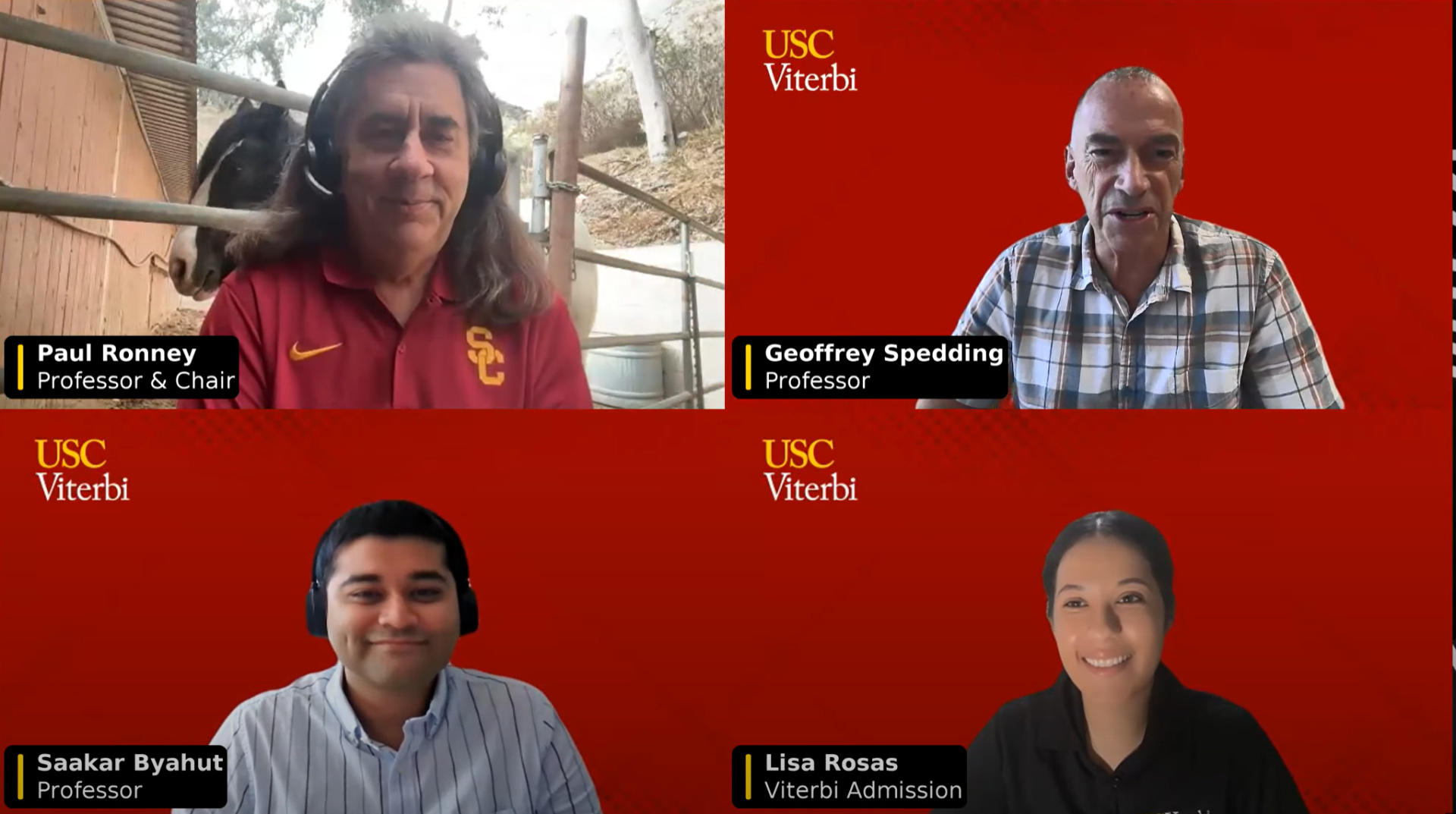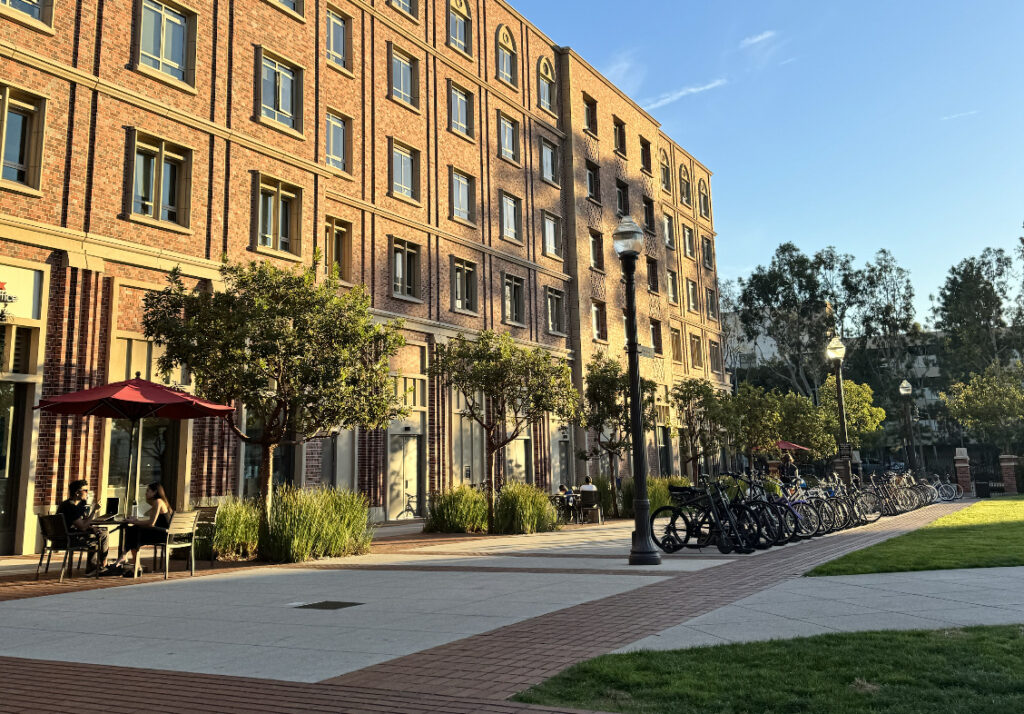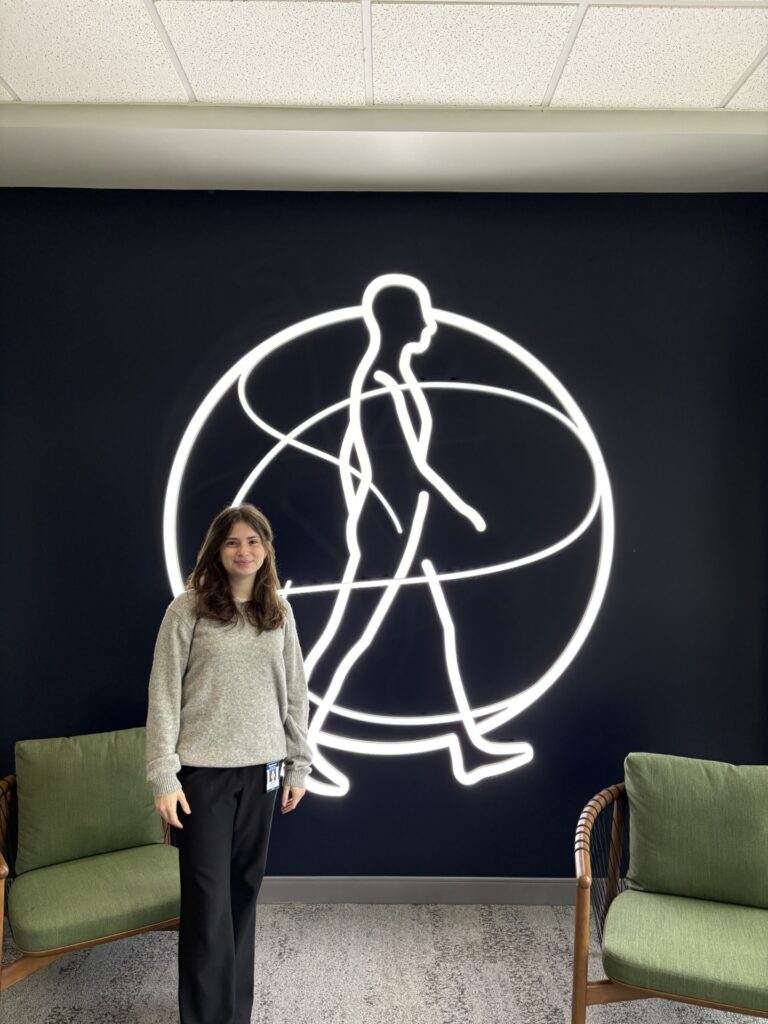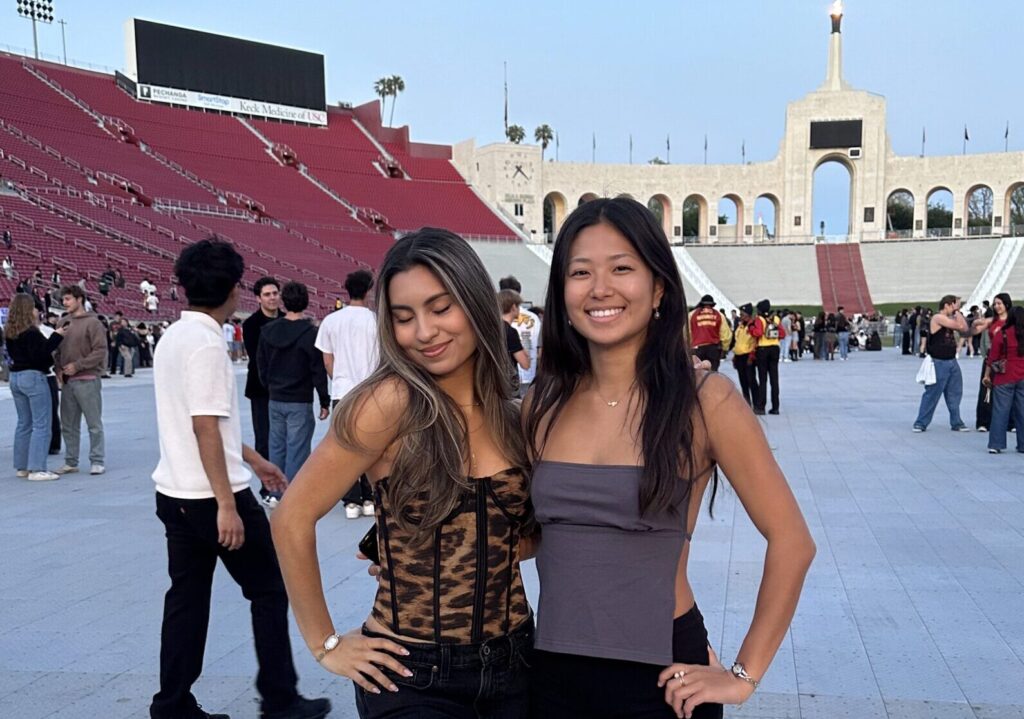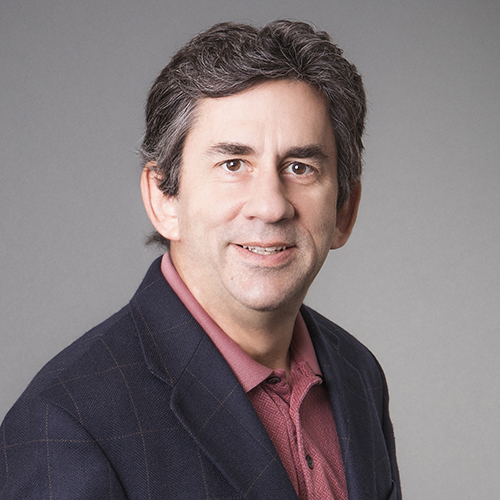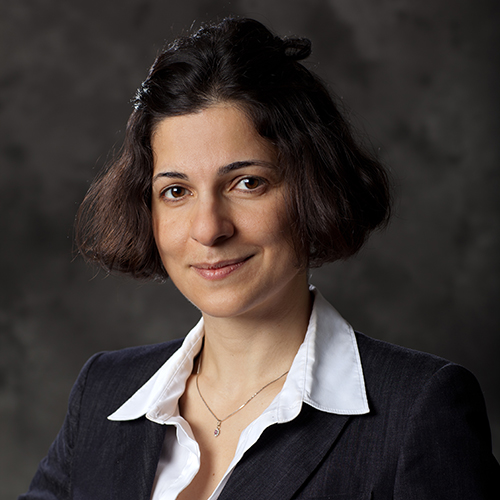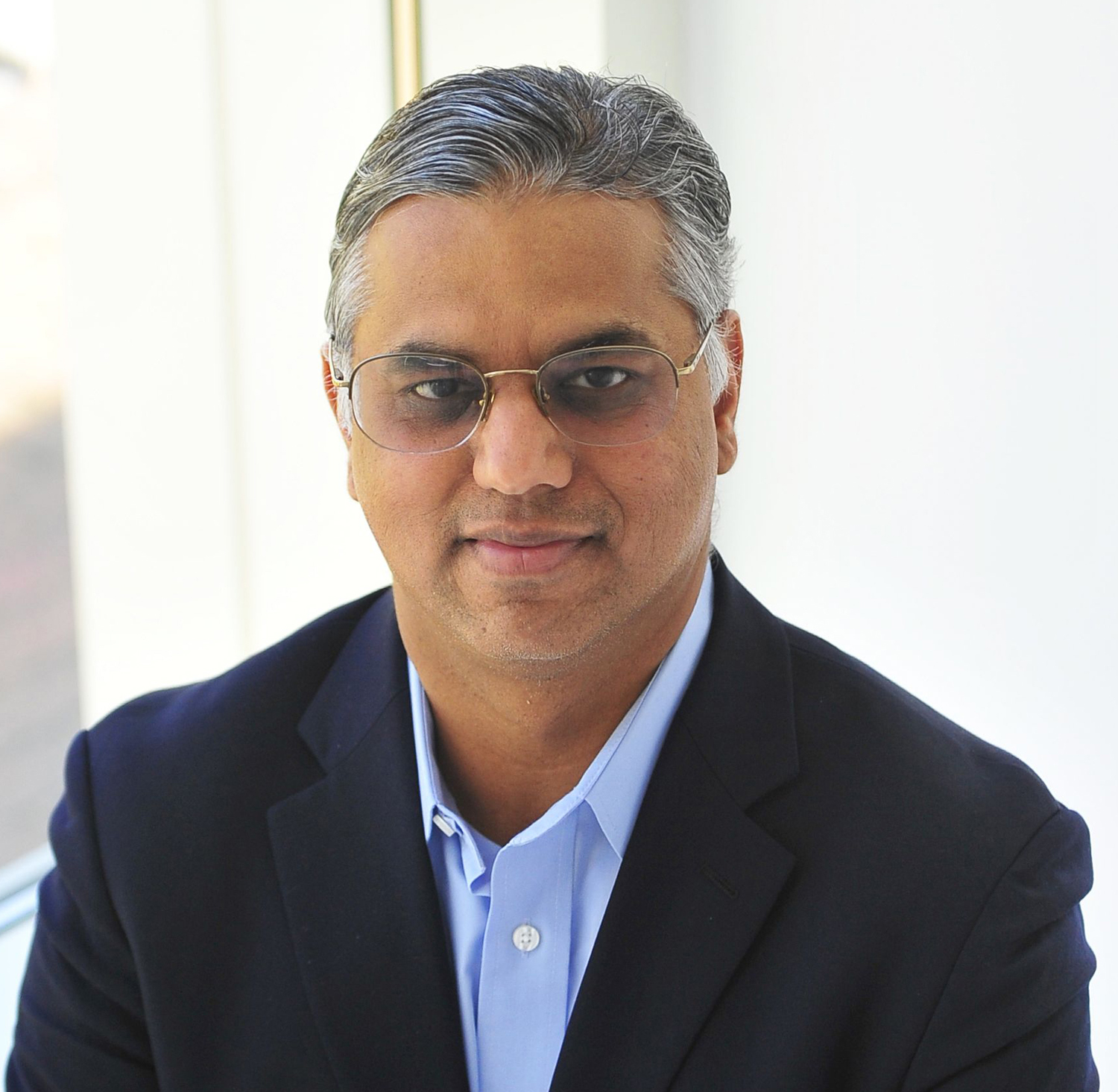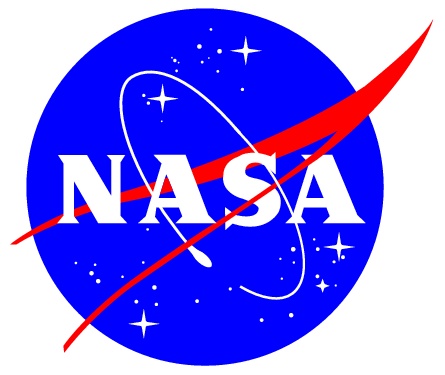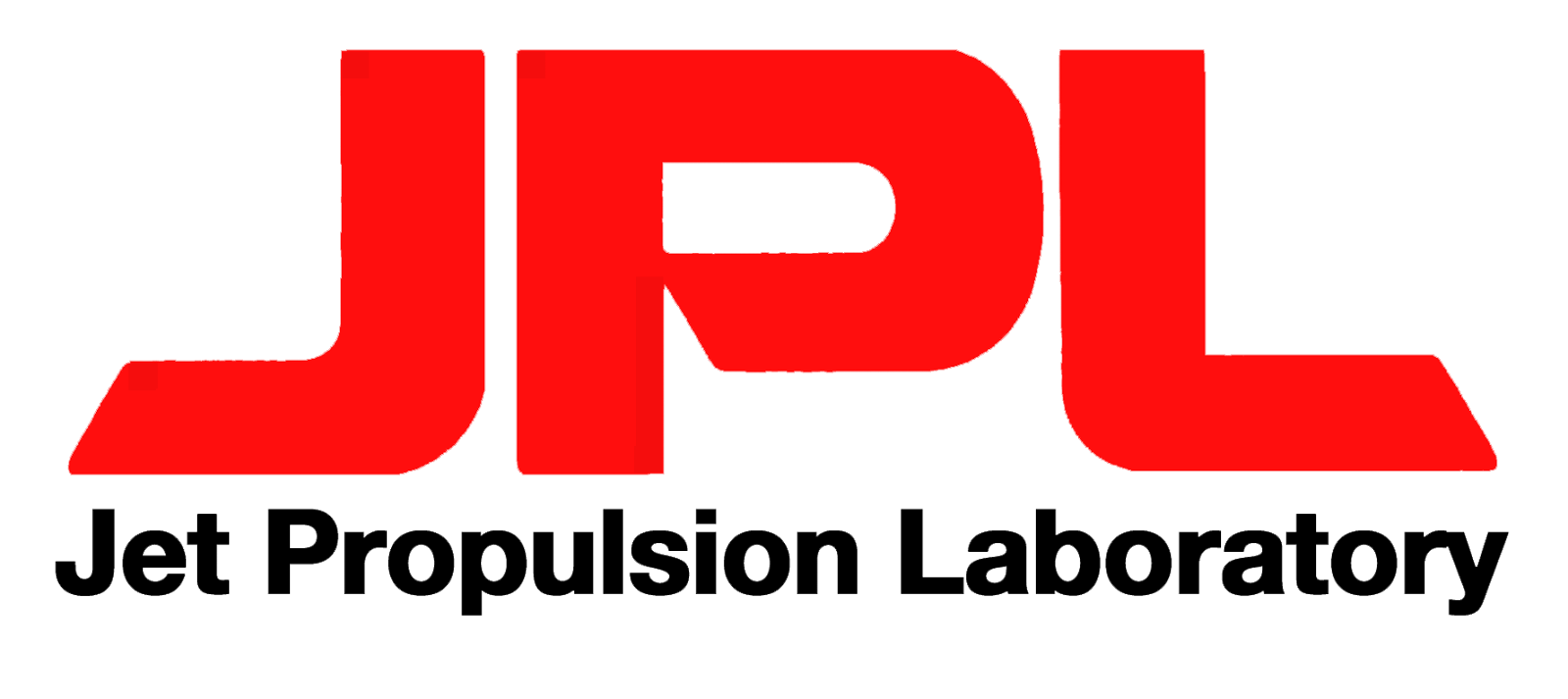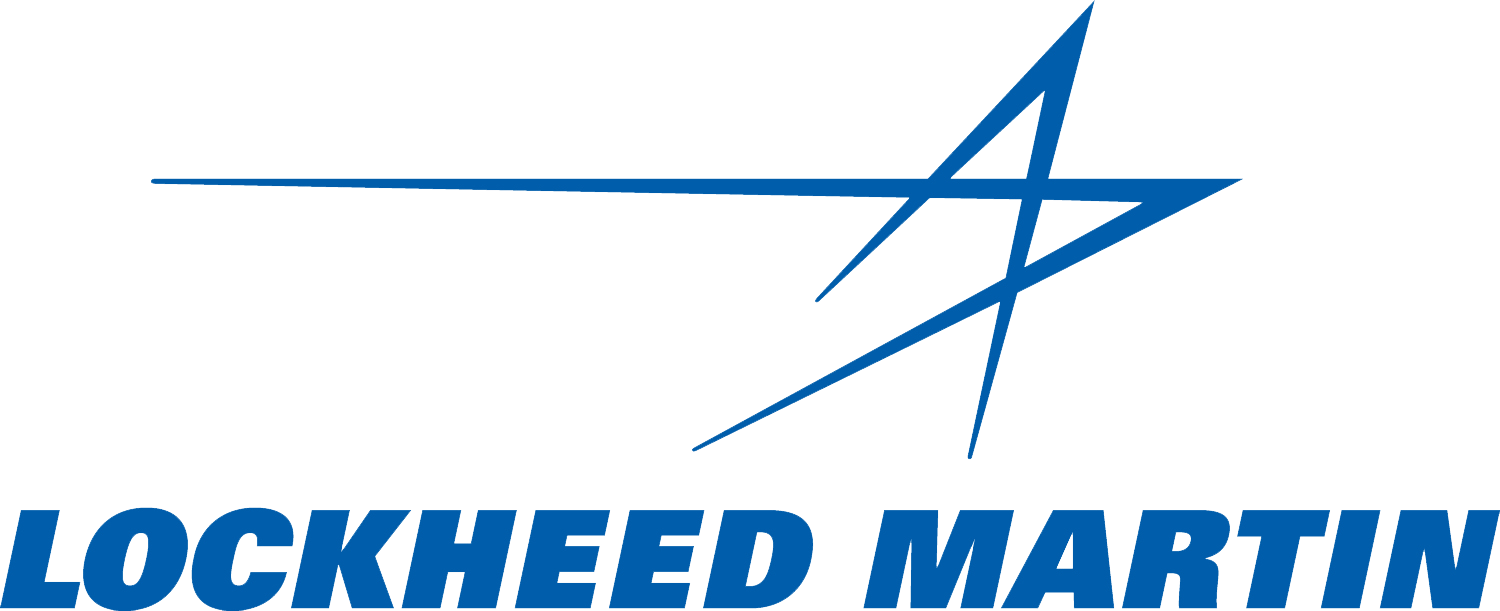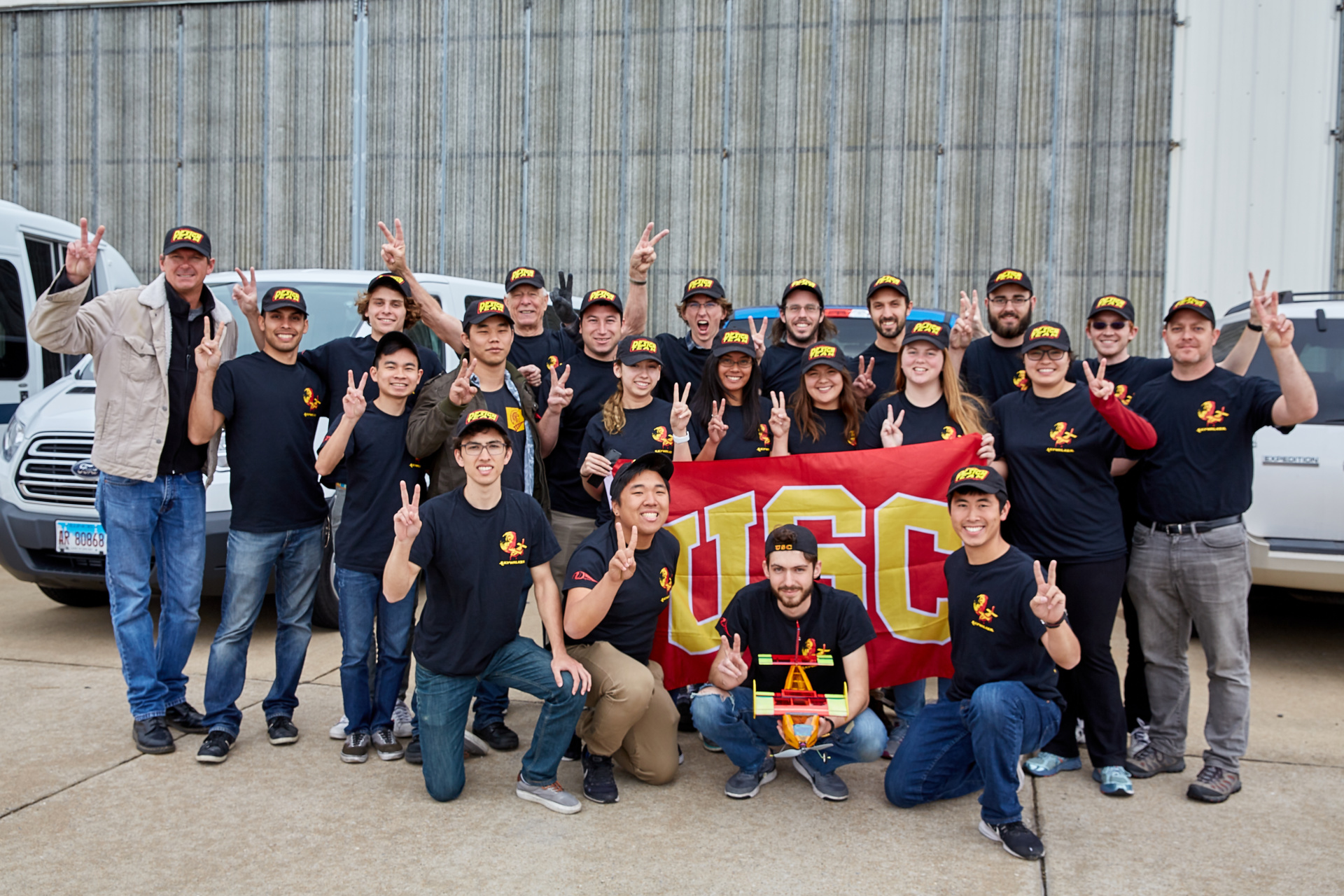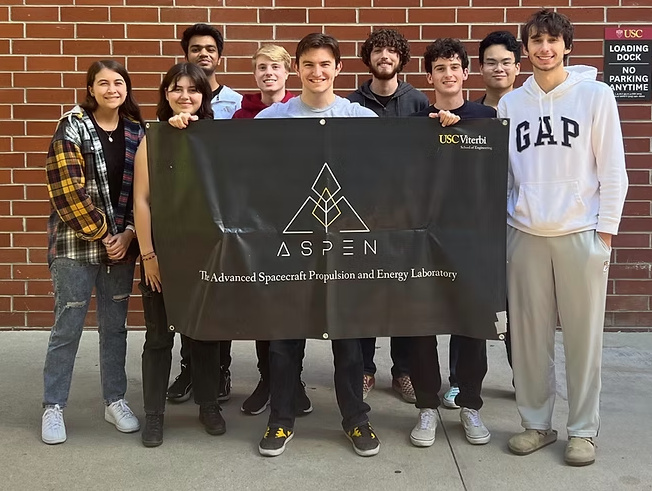Hear From our Faculty
Check out our recent faculty roundtable discussion that was held with three of our Aerospace and Mechanical Engineering (AME) Faculty members – Professor & Chair Paul Ronney, Professor Geoff Spedding, and Professor Saakar Byahut. This roundtable will discuss what the major is, the courses each faculty teach, research they conduct and the discipline of join us to discuss the courses they teach, the research they conduct, and the discipline of Aerospace and Mechanical Engineering at USC Viterbi

